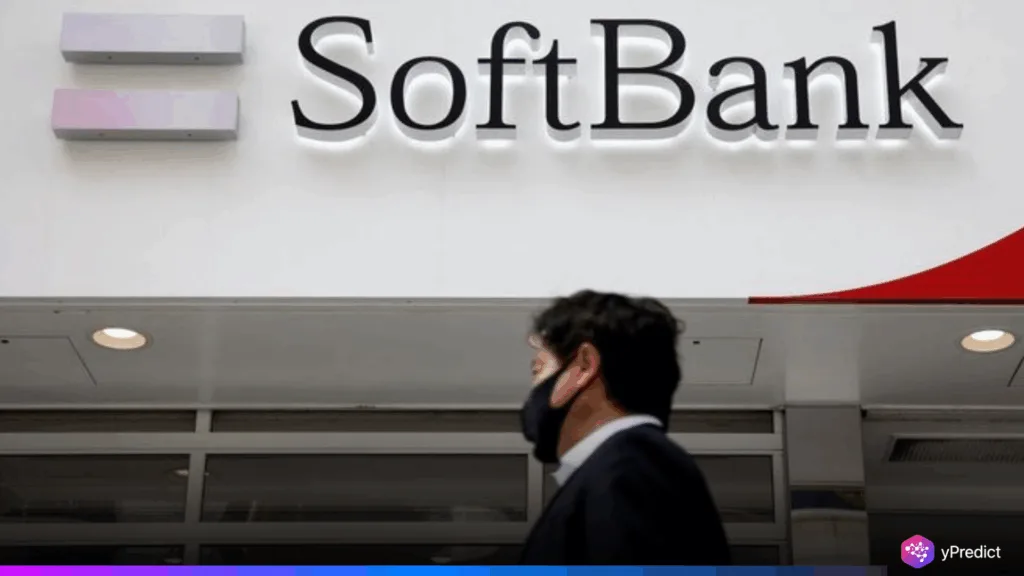
Japan’s stock exchange has achieved a record high this week. The TOPIX 3000 level has finally been breached for the first time. The rally was favoured by a mixture of trade policies in Japan, corporate earnings, made a little better by the fast-accelerating momentum in AI investments. Significant players, such as SoftBank Stock, made notable we hope are significant for investors, leading to favourable sentiment. All other aspects lead to increased sentiment and also increased investor confidence in Japan. The Nikkei 225 index has sharply moved into positive territory, increasing as fast as domestic and foreign investors reacted to the news.
Trade Deal Sparks Market Optimism
The recent US-Japan trade deal, which introduced a ceiling on tariffs of 15%, has been a key driver in the rallying market. The agreement removed a long-standing uncertainty in the minds of investors, which has led to a much clearer and transparent trading environment, and laid the foundation for better export performance and wider, deeper connections in the Global economy.
Analysts also commented that the lowering of trade barriers will not only improve Japan’s competitive advantages in exporting (capitalizing on passive income), but also better the chances Japan can foster as a center for AI-based manufacturing and innovation. There has been a relationship developed between policy stability and growth in the technology sector as the main character in the narrative for the Japanese markets of 2025.
SoftBank’s AI-Backed Earnings Surge
The top corporate story in this rally comes from SoftBank Stock, which skyrocketed after its very positive Q1 FY2025 earnings report. The 47% rise in profit was largely due to the gains in the Vision Fund portfolio, which has substantial stakes in AI startups and technology platforms.
On August 7, 2025, SoftBank announced its AI-centric investment model had produced materially higher returns than anticipated and generated market enthusiasm. Leadership was unequivocal in stating that AI would continue to be at the heart of its long-term development planning, with a significant project roster of announcements relating to automation, advanced robotics, and data analytics. This performance additionally solidified investor opinion in AI as a driver for Japan’s economic growth.
Currency Advantage Boosts AI Competitiveness
Japan’s weak yen, trading around 155–160 JPY/USD, added another layer of strength to the market rally. While a softer currency can challenge consumer purchasing power domestically, it significantly boosts the competitiveness of Japanese exports, especially in AI-related hardware and technology services.
Foreign investors have also found Japan’s AI sector more attractive due to currency-related cost advantages. This influx of capital has supported stock valuations across the market, with the Nikkei 225 and SoftBank Stock both benefiting from increased buying pressure. The currency environment, combined with strong earnings and favorable trade terms, has created a rare alignment of positive factors for Japan’s technology-driven growth.
Global Market Context and AI Leadership
The recent surge in Japan’s stock market is impressive in the wider global context. While many regions experience a slowing economy and fearful markets, Japan was able to take AI and incorporate it as a driver for economic growth. The TOPIX 3000 breakthrough shows that AI now drives corporate strategy and shapes Japan’s economic identity. The Nikkei 225 jump, along with SoftBank’s results, shows that investment in AI is translating into solid market gains.
That momentum has Japan at the forefront of the AI race globally while riding the international competition from the US, China, and Europe. Experts in the industry believe that Japan’s AI sector could raise more long-term institutional investment, which will further solidify the uptrend. The TOPIX 3000 breakthrough, the robust performance of SoftBank Stock, and the surge in the Nikkei 225 all point toward a future where AI plays a defining role in economic strength.







